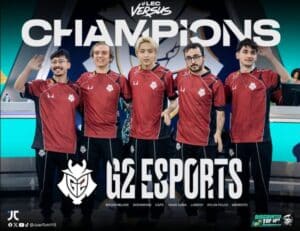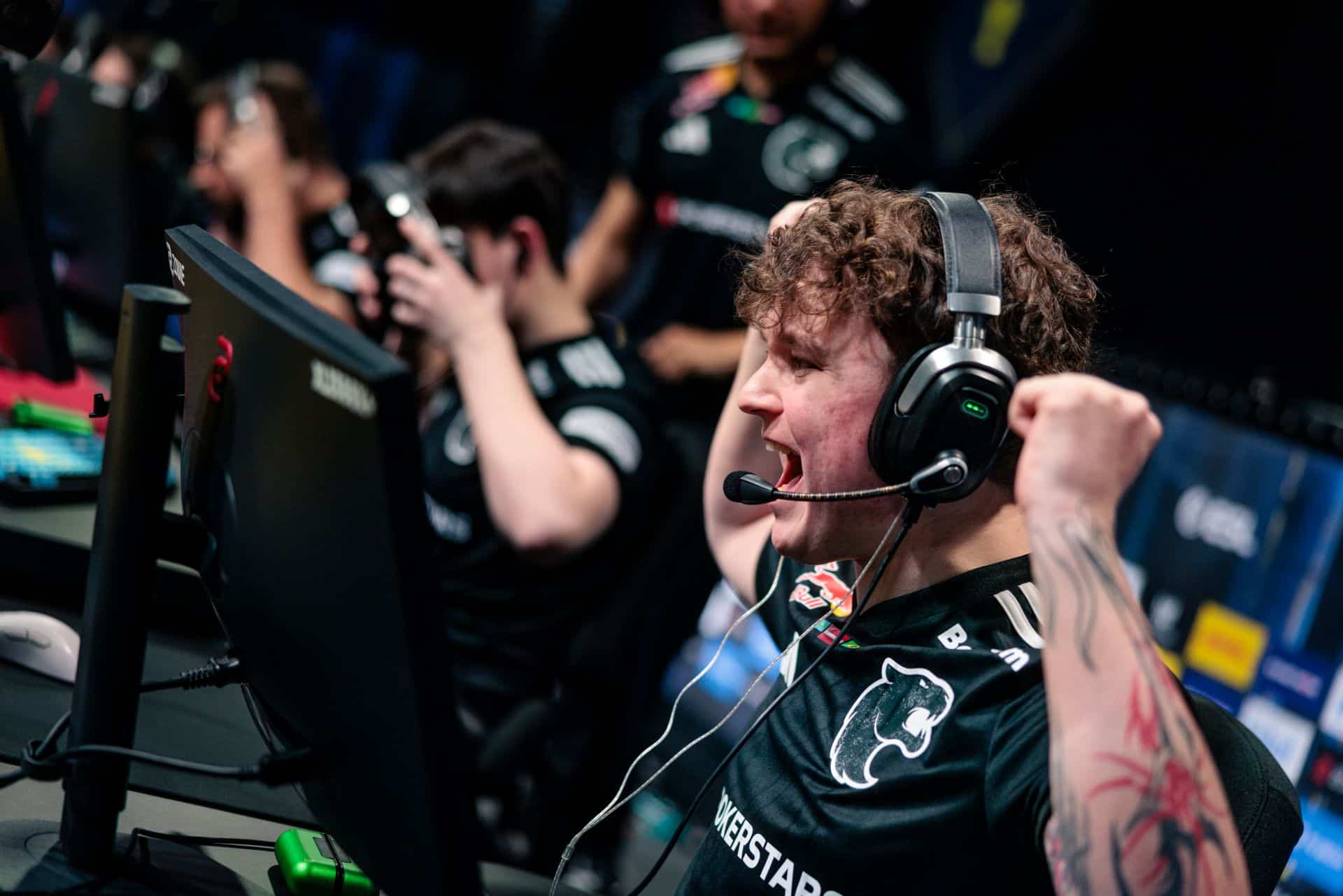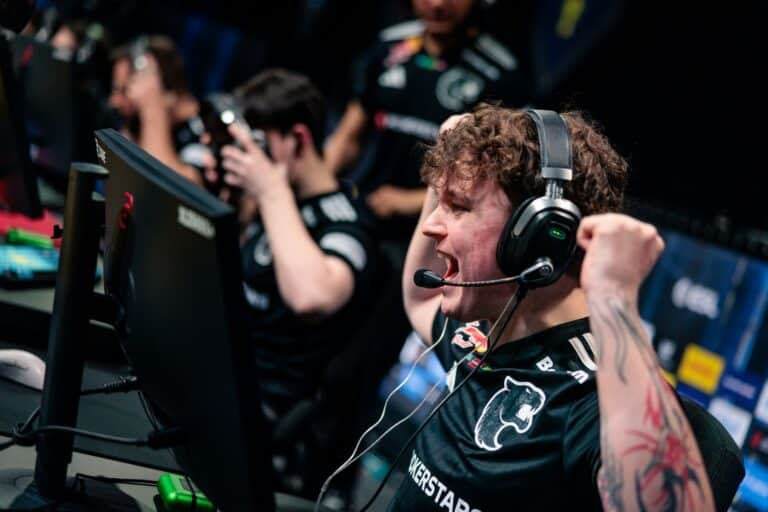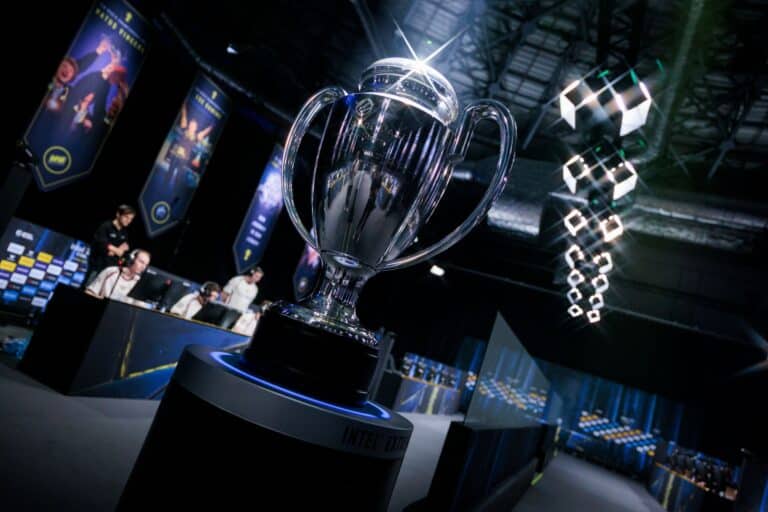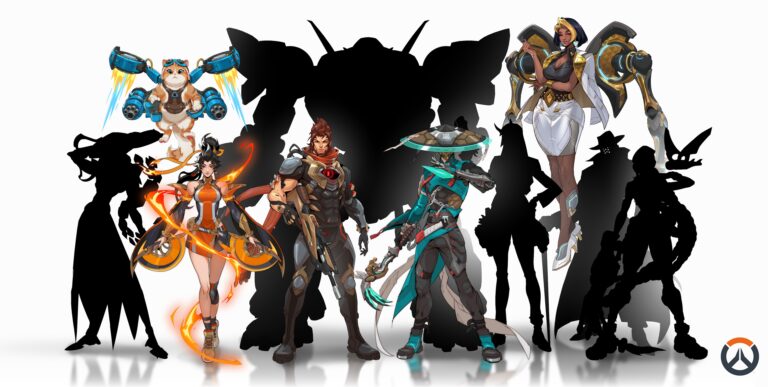4 in 5 young people say playing games has got them into real life sports, as Premier League says gamers ‘significantly more likely to consume our content and become lifelong fans of our clubs’
Dom Sacco, Senior Editor
Last Updated: 28/05/2025
Listen to the audio version of this article (generated by AI).
Playing video games is a gateway into multiple levels of sports fandom – from playing in real life, to attending a professional event and following a team – a new report has revealed today.
It found that online gaming is driving young people to start actively participating in sports, as more than three quarters (79%) of 8 – 34-year-olds say that playing video games has fuelled their passion for real life sport.
The Gaming & The Future of Sports Fandom report, conducted by Savanta and commissioned by games studio The Gang, found that video games are playing an important role in increasing understanding, interest and engagement in real-world sports.
For example, it found that almost nine in 10 gamers (88%) say they physically engage with the sport they play on screen, while almost two thirds (60%) admit that playing the video games has helped them understand the rules in real life.
87% say the thrill of playing sports on screen has seen them want to attend sports stadiums to immerse themselves as a spectator.
And one quarter (23%) of gamers say playing sports on the screen has led them to actually pursue the same sport as a hobby in real life.
Gaming platforms like Roblox and Fortnite have ushered in a new generation of sports-based games which are having a positive impact on the sports sector, not to mention sports franchises like FC/FIFA, eFootball, Madden and NBA2K to name a few.
According to a press release, ‘gaming is also redefining fandom, by helping young fans connect with their favourite teams and athletes. The immersive and social nature of modern gaming allows for a level of intimacy and engagement that was previously unimaginable’.
Seven in ten (70%) of 8-12-year-olds agree that sports video games increase their support for individual teams. This is encouraging news for teams and specific sports seeking to diversify their audience and drive engagement and participation.
Alexandra Willis, Director of Digital & Fan Engagement at the Premier League, said: “Evidence suggests that gaming is increasingly prominent among younger audiences but it’s sometimes been difficult to prove out whether that behaviour converts audiences into other areas of fandom.
“This report from The Gang supports our instinct that audiences we reach via gaming are significantly more likely to understand, be interested in and consume Premier League content more broadly, with the potential to be nurtured into lifelong fans for our clubs and broadcasters over time.”
Alexandra Willis, Premier League
Max Proctor, CEO at The Gang, added: “Sports organisations are constantly grappling with the question of how to get younger audiences into their sport. Our research shows that gaming is a brilliant way to reach your next generation of fans and convert them into your players, followers, attendees and consumers of tomorrow.”
Christian Volk, Director (SVP) Esports & Gaming at FIFA, commented: “Our mission at FIFA is to grow and develop football worldwide. Positive interactions with peers are crucial in early sports fandom and participation.
“Our research shows that interactive media offerings, especially for younger audiences who spend less time on traditional media, helps them understand and engage with football in a meaningful way.
“We believe that a great introduction to football through video games can contribute to a lifelong passion for the sport, both on and off the pitch.”
The news comes a few days after the Premier League and EA announced the return of the UK FC ePremier League esports tournament for the 2024/25 season.
Essential UK Casino & Betting Guides
Looking for the best casinos or betting sites? Below you’ll find our recommended guides that players in the UK are loving right now.
- Best Online Casinos in the UK
- Best Bitcoin Casinos in 2026
- Best Bookmakers 2026
- No Verification Casino Sites in the UK
- Non Gamstop Casinos UK
Dom Sacco, Senior Editor
Dom is an award-winning writer and finalist of the Esports Journalist of the Year 2023 award. He has almost two decades of experience in journalism, and left Esports News UK in June 2025. As a long-time gamer having first picked up the NES controller in the late '80s, he has written for a range of publications including GamesTM, Nintendo Official Magazine, industry publication MCV and others. He also previously worked as head of content for the British Esports Federation.
Stay Updated with the Latest News
Get the most important stories delivered straight to your Google News feed — timely and reliable





From breaking news and in-depth match analysis to exclusive interviews and behind-the-scenes content, we bring you the stories that shape the esports scene.
Monthly Visitors
User Satisfaction
Years experience
